Hand in hand
Updated: 2015-06-17 07:46
By Mei Jia(China Daily)
|
||||||||
High-profile authors from China, Japan and South Korea decide to take regional literature forward, Mei Jia reports.
Writers from China, Japan and South Korea recently met in Beijing and Qingdao, East China's Shandong province, to brainstorm on literature in the region and the world.
China's Nobel Prize winner in literature, Mo Yan, and more than 30 other writers from the three countries gathered in the Chinese capital for the five-day China-South Korea-Japan Forum of East Asian Literature that ended with a "writers night" on Tuesday in Qingdao.
It was the third edition of the conference, previously held in Japan's Kitakyushu city in 2010 and in Seoul in 2008.
"This year, the topics are centered on social reality and literary inspiration," Tie Ning, celebrated Chinese writer and chairwoman of the China Writers Association, a Beijing-based body that organized the event, told audiences at the event last week.
"Literature is endangered as writers are prone to taking information they get as serious literary elements," she says of the availability of unverified information on the Internet.
"So, the topic we discuss here with our neighboring writers is valuable."
Although the topic had been decided about three years ago, the forum delayed the meeting owing to some political differences among the nations.
Choi Won-sik, an established South Korean literary critic, believes the focus shouldn't be on the delay but rather on how cultural exchanges among the three nations can move regional literature forward.
Mo Yan says he has made good friends at the last two sessions.
"We can understand each other with or without translation," the Nobel laureate says.
"Literature is about humans and human emotions. Writers' commitment to one another and their literary bonding can travel further and influence deeper than politics."
Shimada Masahiko, the Japanese writer whose novel The Dream Messenger has won much international acclaim, says he personally likes both China and South Korea as his neighbors and that he has traveled extensively through them both for his translation and publication work.
"Here we are in Beijing, drinking and chatting about literature to eliminate opposing feelings," Masahiko says, adding that the attending writers found many things in common, including their taste in alcohol.
New trends in literature in China, Japan and South Korea were discussed at the forum over different sessions.
While Masahiko appears to strengthen the diversity of contemporary Japanese writing, Choi says that South Korean writers have stepped out from their nationalist era and are enjoying a lighter and peaceful period.
"Korean writers nowadays are luckier than their predecessors because they are presented with more chances for international exchanges," Choi says.
According to Tie, what Chinese writers are witnessing can be shared by Korean and Japanese writers.
In the 1980s, writers seemed to be at the center of Chinese society. But since the country's rapid transformation in the past two decades, writers are exposed to so many new experiences that they are struggling to present through their own voices to readers.
Chinese writers born in the 1950s and three decades thereafter were invited to attend the forum, showing the continuity and diversity of Chinese literature, the organizers say.
Contact the writer at meijia@chinadaily.com.cn
(China Daily 06/17/2015 page20)
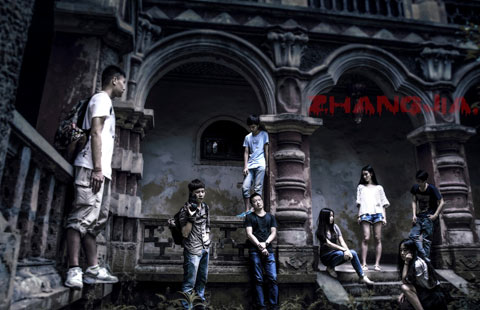
 Ten photos you don't wanna miss - June 16
Ten photos you don't wanna miss - June 16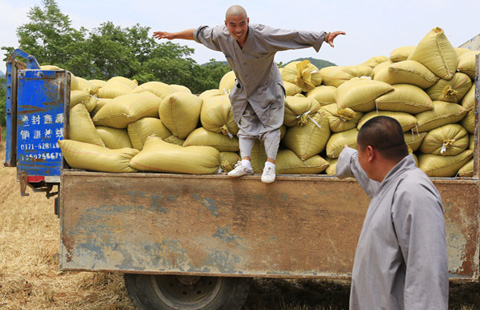
 Shaolin monks harvest bumper crop
Shaolin monks harvest bumper crop
 Cambridge students mark end of exam with boat race
Cambridge students mark end of exam with boat race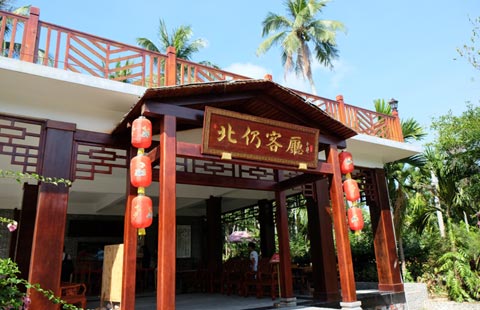
 Village attracts tourists after first lady's visit
Village attracts tourists after first lady's visit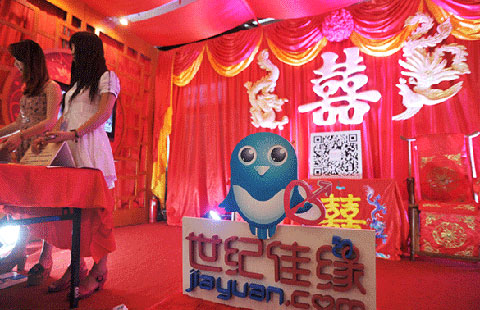
 Top 9 US-listed Chinese companies going private
Top 9 US-listed Chinese companies going private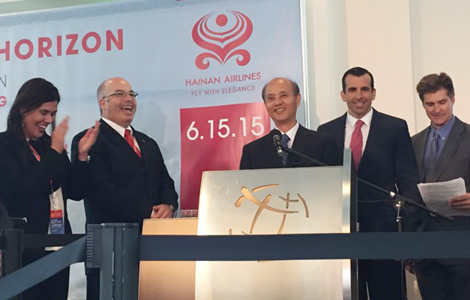
 Hainan San Jose to Beijing: Ready for take-off
Hainan San Jose to Beijing: Ready for take-off
 Trending Across China: A Porsche gilded in gold
Trending Across China: A Porsche gilded in gold
 Paris Air Show: From Bombardier's new C Series to China Airlines
Paris Air Show: From Bombardier's new C Series to China Airlines
Most Viewed
Editor's Picks

|

|

|

|

|

|
Today's Top News
China, US spearhead MERS fight
Key China-US talks
next week
Jeb Bush announces bid for 2016 Republican presidential run
China military says two more top officers probed for graft
Alibaba set for online video-streaming launch
China, US develop new MERS treatment
China to complete land reclamation of construction on some Nansha Islands soon
Military launches drive to root out corruption in construction projects
US Weekly

|

|






